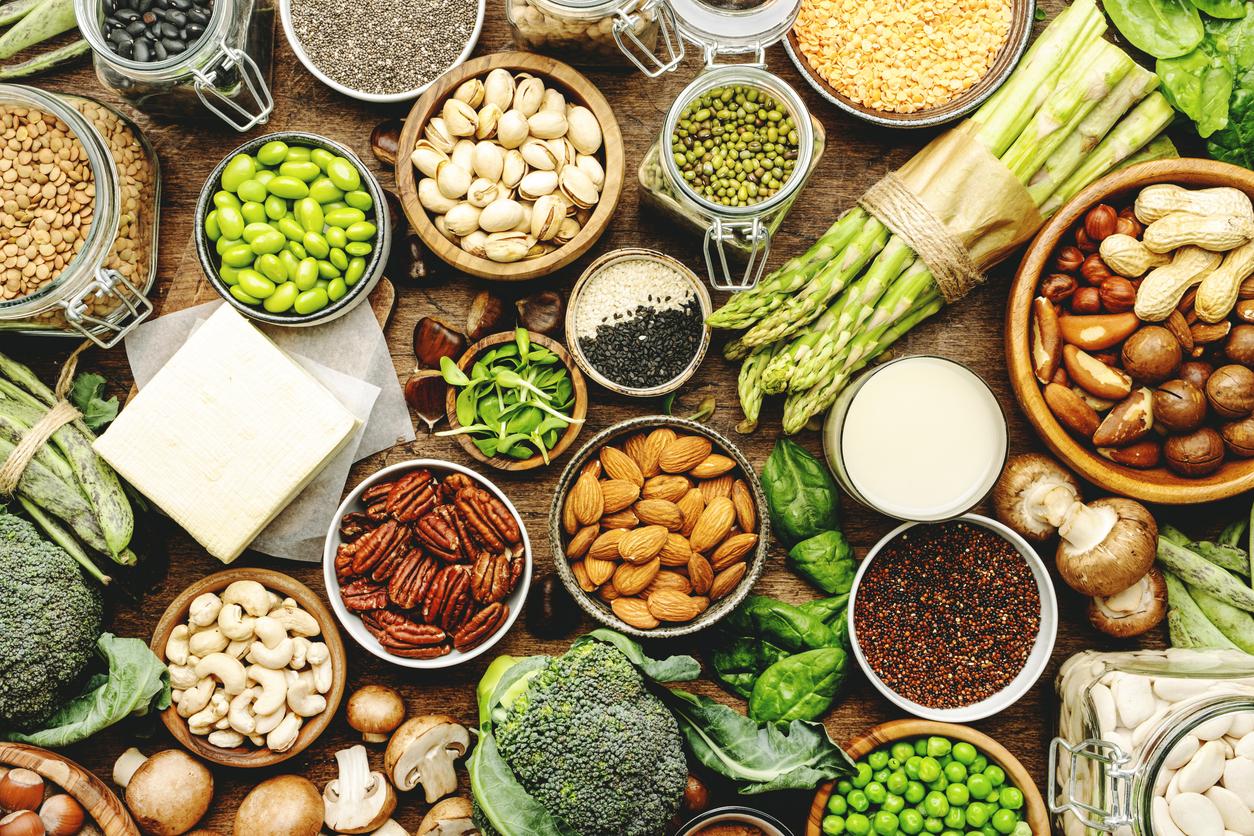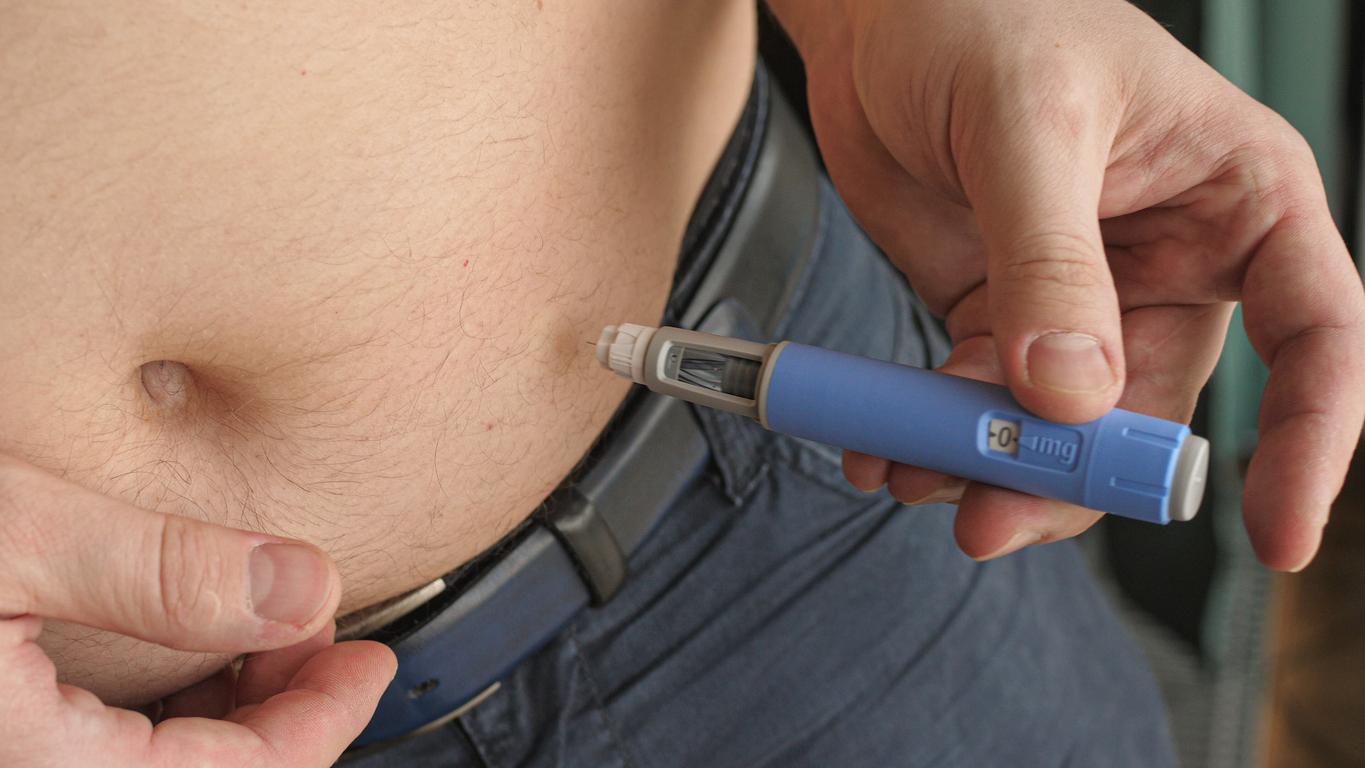How is working nights a health risk factor?
People who work at night often change their habits. We can see that the eating behaviors are very clear: the food is unstructured during the day, they eat two meals instead of three, to which is often added snacking characterized by excessive consumption of fat and sugar. This poor diet, added to the disruption of the biological rhythm, creates additional stress for the body and further increases the risk of weight gain, cardiovascular diseaseand metabolic diseases.
An unstructured diet, what does it look like on a typical day for example?
Night workers skip meals and snack between meals. We see that often, when they end their night and come home from work at 6 am they do not have breakfast (they therefore skip a first meal) before going to bed. They then get up at 2 p.m. (for those who recover their sleep in the morning) and then have a kind of brunch before snacking again in the afternoon. They then have their dinner before going to work.
To what extent can diet limit the risks associated with working shifts?
People who work at night must ensure that maintain a balanced diet, that is to say that they must absolutely keep the rhythm of three meals a day, of course making varied and complete meals. I insist on three meals a day because this is what allows the body to maintain a certain form of balance and to adapt to jet lag. Conversely, if the body receives food at any time of the day, the imbalance is total.
To sum up, it is necessary to respect the criteria of balanced and healthy food valid for everyone, with the difference that the schedules change in the case of a work in staggered hours: instead of having breakfast at 7-8 a.m. , the night employee will take it at 5 or 6 in the morning. Lunch from 12-1 p.m. will be at 2 or 3 p.m. And dinner will be taken earlier before starting work at 9 p.m. for example.
Concretely, what do we eat for breakfast?
When the employee works at night and returns home in the morning, he takes his breakfast before going to bed. A good breakfast consists of bread or cereals, a dairy product (yogurt, milk or cottage cheese), a fruit to eat or drink (fruit juice) and a hot drink (tea or coffee) . Afterwards he lies down, sleeps soundly, aided by digestion. Then we get up, for example, at 2 p.m. He takes his lunch even if it is early afternoon and it is 2 or 3 p.m.
And for lunch, what do we eat?
A good lunch will consist of meat, fish or eggs with vegetables and starches. A dairy product is recommended (yogurt or cheese) as well as fresh fruit. Night work greatly disrupts biological cycles, which has the effect of increasing oxidative stress. It is therefore necessary to increase its consumption of antioxidants. The three antioxidant vitamins (A, C and E) are found in citrus fruits, exotic fruits, certain vegetables (cabbage) in particular. All vegetables are good for your health, but it’s good to think about favoring these vegetables rich in antioxidant vitamins.
How’s it going at dinner?
The night worker takes his work around 9 p.m. so in general he has dinner relatively early around 7-8 p.m. Dinner should be a meal that is neither too large nor too small. If it is not copious enough, the employee will be hungry in the first part of the night and may get tired. If it is too copious, digestion will then tire it. A good dinner should consist of a main course, yogurt and fruit.
And if despite everything, a little hunger is felt between meals, are we entitled to a snack?
Sure ! A small snack is not prohibited. Hunger can be felt at 5 p.m. for example. It is possible to eat a fruit or a few squares of dark chocolate, rich in antioxidants.
It is especially in the middle of the night, around 1am or 2am, that night workers tend to be hungry. This period is considered to be the most at risk of work-related accidents. This is indeed the moment when cortisol, the hormone of stress and alertness, is at its lowest and when melatonin begins to rise, so it makes you want to sleep. So it’s time to stop for half an hour, and take advantage of this break to treat yourself to a small snack. But be careful, avoid snacks that are too sweet and fatty because sugar and fat put you to sleep.
Many people think that a sweet product gives a boost, but the opposite is true. Sugar leads to the synthesis of neuromediators which will rather put you to sleep. Instead, it is better to bet on the proteins that maintain vigilance by eating, for example, a bowl of cottage cheese with compote accompanied by two or three small biscuits that are not too greasy. It can also be a slice of pizza with tomato, ham, cheese; or a salad with two hard-boiled eggs, a piece of cheese and a piece of fruit, or a ham and raw vegetables sandwich, possibly with cheese, followed by fruit for dessert.
Does physical activity play an important role?
Yes it is important to move and be active. In the afternoon it is good to think about doing some physical activity. Sport can counteract the deleterious effects of night work on weight and cardiovascular health.
What if we are sleepy during the day?
It is quite possible to take a nap of about twenty minutes if you feel tired after lunch. A micronap can recharge the batteries.
What drinks should you prefer when working at night?
You have to avoid sugary sodas and sugary coffees throughout the night to fight against fatigue, as I mentioned. You can drink tea or coffee, but you should avoid doing it after 3 a.m. because it may compromise sleep recovery when you get home.
And of course you should avoid drinking alcohol because, like tobacco, alcohol is an additional health risk factor in addition to that of night work.
Thanks to Dr Laurence Plumey, nutritionist and author of Big food book, Eyrolles editions.
Do you work odd hours? If so, are you able to eat a balanced diet? Comment on the forum.
>> To read also: Night work: it increases the risk of dying prematurely


















